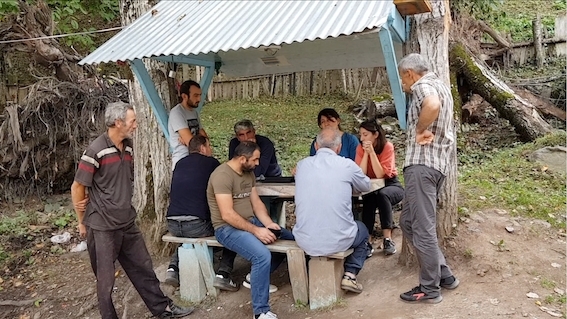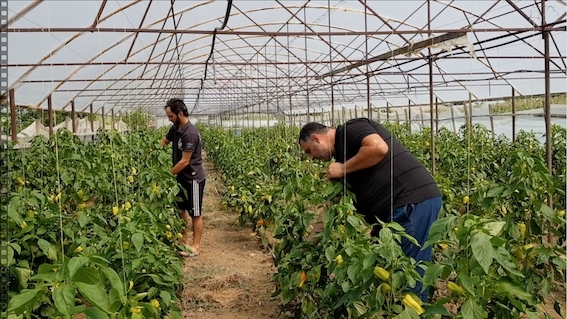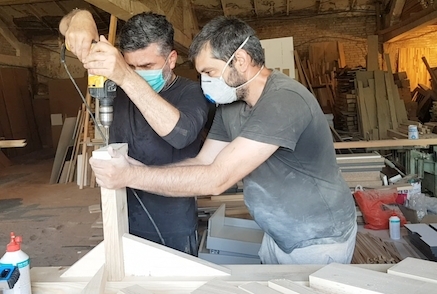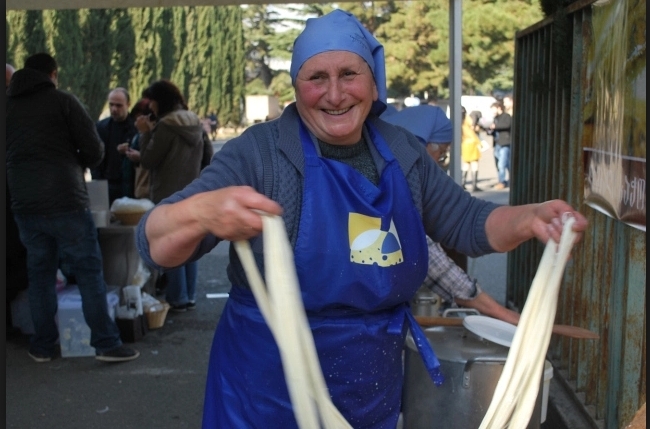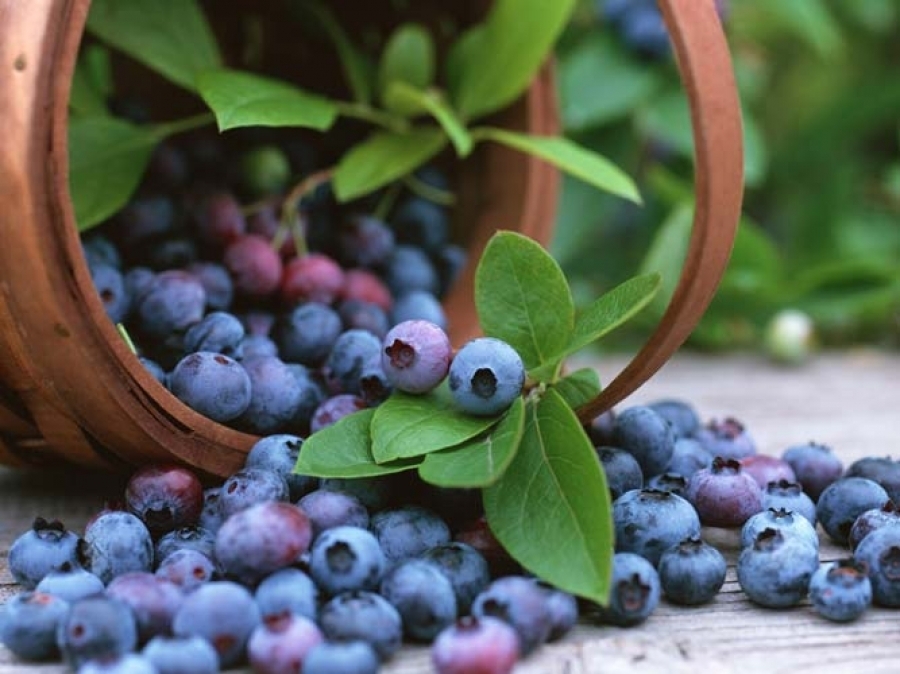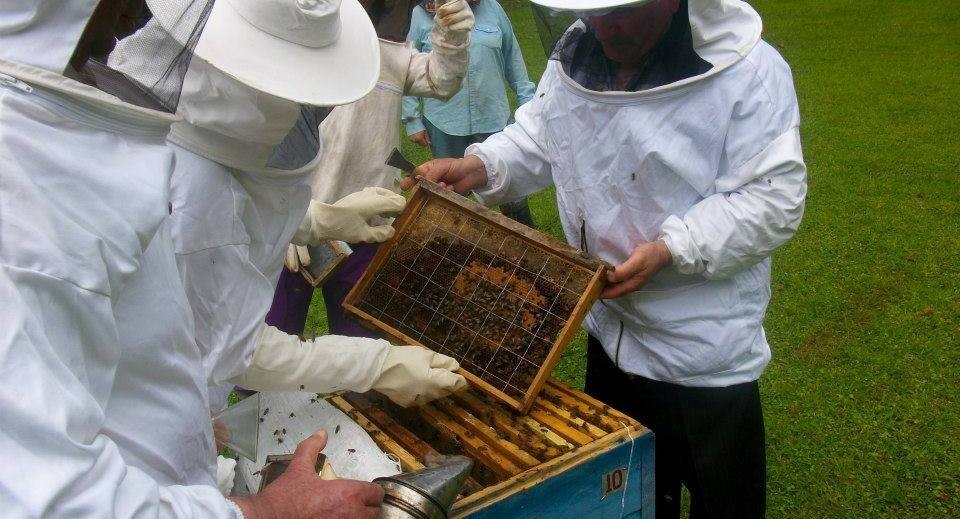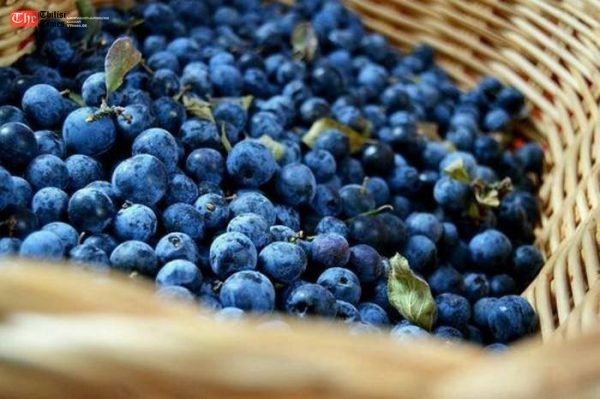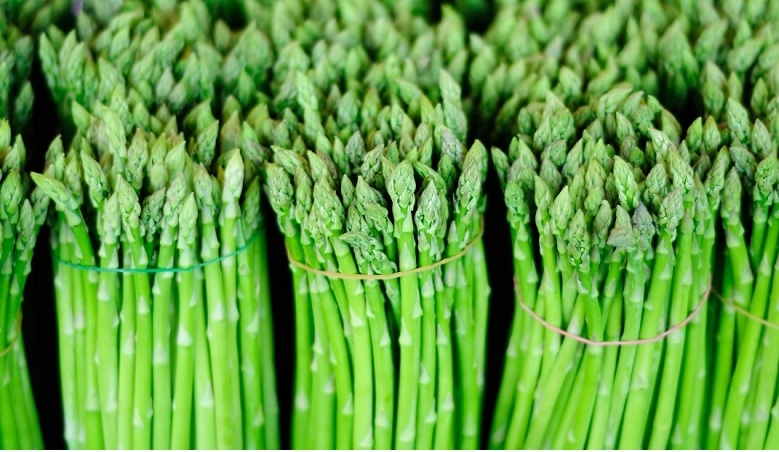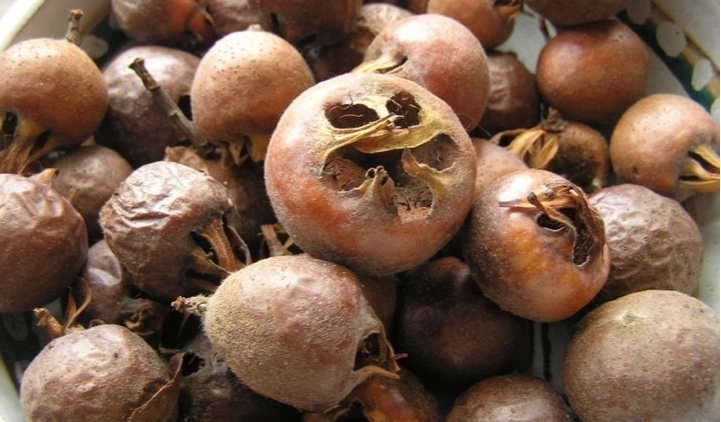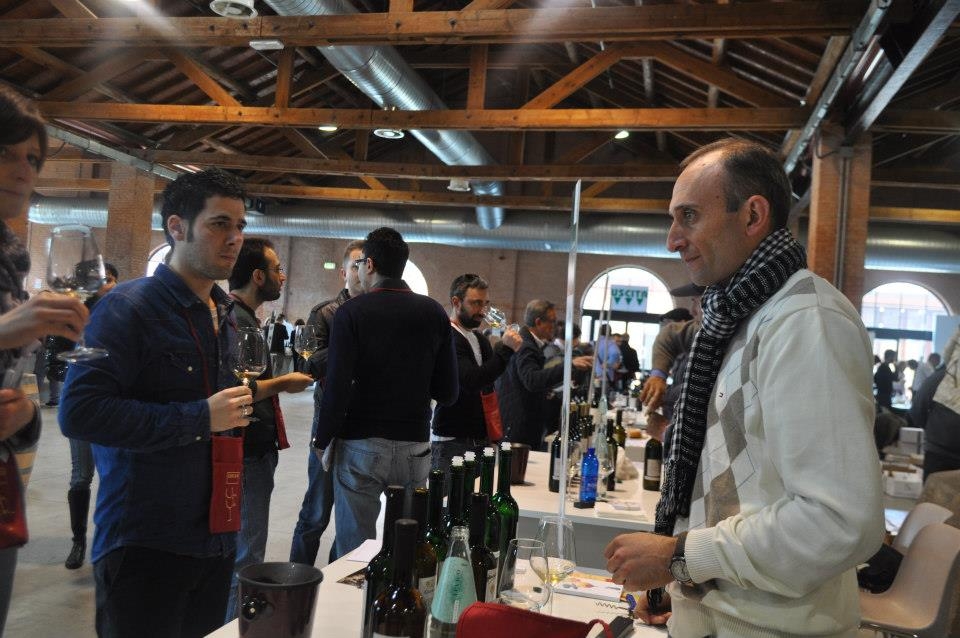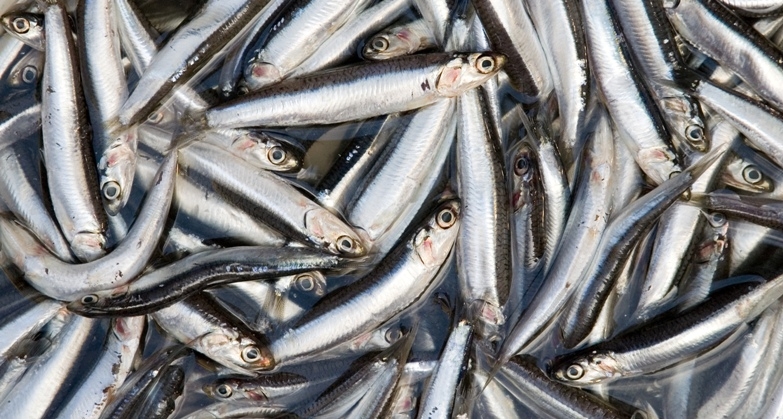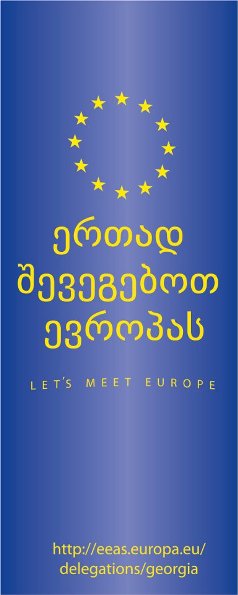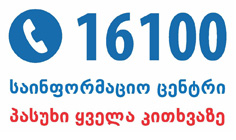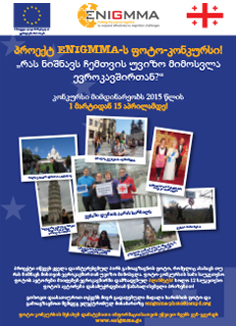Georgia Will Soon Compete with Turkey in Hazelnut Production

A discussion on cooperation between private sector institutions and small farmers to foster hazelnut production has been organized in Tbilisi with the support of the European Union, the Oxfam International Consortium and the Elkana Association of Biological Farming. The event was held at the Courtyard Marriott Hotel, together with representatives of donor organizations. The discussion was also attended by delegates from the Ministry of Agriculture and the National Food Agency.
Agri Georgia LLC is a representative of Ferrero SpA, the largest chocolate producer in the world which also owns hazelnut plantations in Samegrelo region. According to its director, Daniel Gonzalez Dellacha, Georgia’s hazelnut production looks very promising: “We arrived in Georgia in 2007, when there was no hazelnut production technology, so we considered ways to cooperate with local farmers. We established the Association of Hazelnut Producers and started to re-train farmers. The farmers gradually enhanced their knowledge and we shared with them our experience and know-how. One could scarcely imagine that Georgian farmers would be so successful, yet they were. After establishing hazelnut drying centers, farmers sell their products at 20 percent more than before. We provide them with hazelnut prices on a daily basis, so their clients can no longer cheat them. This has empowered the farmers tremendously and Georgia will soon compete with Turkey in hazelnut production.”
According to Deputy Minister of Agriculture Davit Galegashvili, missing an opportunity to develop agriculture will prove detrimental for the country: “We have a chance to strengthen our rural areas. If we fail, our villages will be completely depopulated, which will weaken the country. The main obstacle facing the development of the agricultural sector is the inadequacy of state institutions on the ground in the regions. There are consultative centers for farmers but, in reality, they don’t really live up to their names.”
Daniel Gonzalez Dellacha believes that agricultural development in Georgia will only benefit if donors undertake joint efforts and refrain from useless spending: “Many donors are involved in promoting the development of Georgian agriculture, but their efforts are not coordinated. We must make sure there is no duplication of work. It would be advisable to meet with representatives of the government once a month and, instead of hundreds of ambiguous messages, come up with one clear message. Coordinated efforts will help us to ensure against donors spending money in vain.”
According to Juan Echanove (EU Attaché for Agricultural and Communal Development), the state must play an important role in solving problems faced by farmers: “Most of Georgia’s population pursues agriculture as the main source of revenue. The state must realize that it needs partnering with farmers. The European Union will continue to promote agricultural development in Georgia. However, success in this endeavor requires long-term efforts, and we must all understand this clearly.”
According to Benoit Trudel (Oxfam Regional Food Safety Program Manager), it is vital to ensure close cooperation between farmers and the state: “We encourage farmers and assist the state in developing policies. The level of food import is very high in the country, so developing bilateral relations between the state and farmers is of utmost importance.”
Zurab Modebadze

